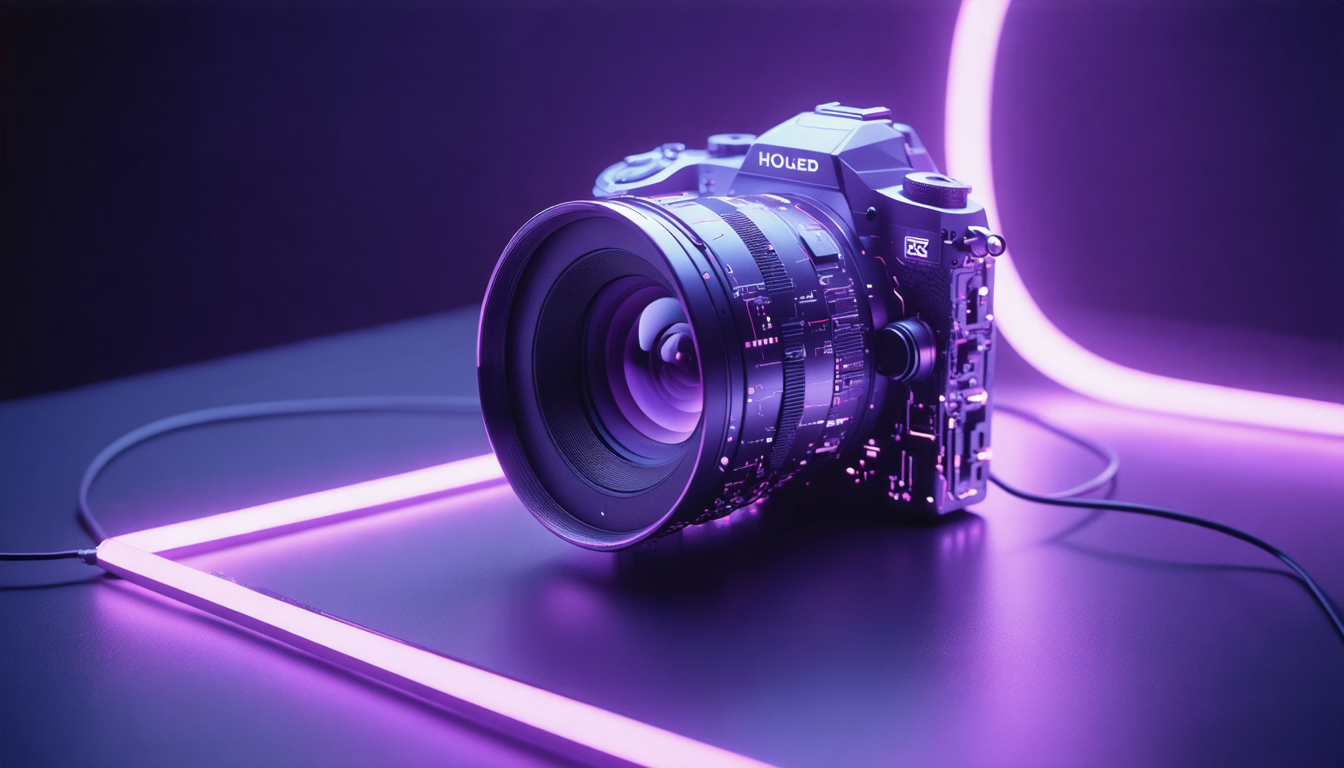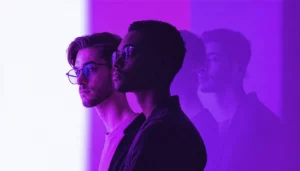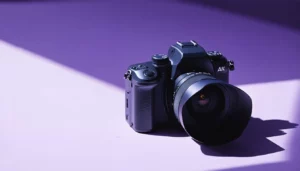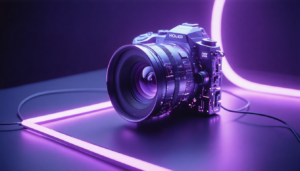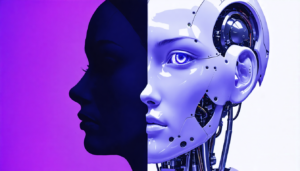Shocking AI Photography Predictions: What the Next Decade Means for Your Images
As we stand on the cusp of a new era in photography, artificial intelligence (AI) is poised to revolutionize the way we capture, edit, and perceive images. The next decade promises to bring unprecedented changes to the world of photography, with AI at the forefront of this transformation. In this article, we’ll explore some shocking predictions about how AI will reshape photography and what it means for both amateur enthusiasts and professional photographers.
1. The Rise of AI-Powered Cameras
In the coming decade, we’ll witness the widespread adoption of AI-powered cameras that go far beyond simple scene recognition and auto-focus:
- Predictive Shooting: AI will anticipate decisive moments, automatically capturing images seconds before you press the shutter button.
- Intelligent Composition: Cameras will suggest optimal framing and even recompose shots in real-time based on artistic principles and user preferences.
- Advanced Scene Understanding: AI will recognize complex scenes, automatically adjusting settings for challenging situations like astrophotography or high-speed sports.
2. Post-Processing Revolution
AI will transform the post-processing landscape, making advanced editing techniques accessible to everyone:
- One-Click Masterpieces: AI algorithms will analyze your photo library and personal style to create stunning edits with a single click.
- Seamless Object Removal and Addition: Remove or add elements to your photos with unprecedented realism, powered by generative AI.
- Style Transfer on Steroids: Apply the style of any photographer or artistic movement to your images with astonishing accuracy.
3. The End of Traditional Photography Skills?
As AI becomes more sophisticated, some traditional photography skills may become obsolete:
- Manual Focus and Exposure: AI will handle these tasks with superhuman precision, potentially making manual controls unnecessary for most situations.
- Technical Mastery: The importance of understanding camera settings may diminish as AI optimizes everything automatically.
- Traditional Editing Techniques: Complex editing processes like frequency separation or dodging and burning could be replaced by AI-driven alternatives.
4. Ethical and Creative Challenges
The rise of AI in photography will bring new ethical and creative challenges:
- Authenticity Concerns: As AI-generated and heavily edited images become indistinguishable from reality, questions of authenticity and trust will arise.
- Copyright and Ownership: Who owns an image created by AI or heavily modified by AI tools? This question will lead to complex legal debates.
- Creative Identity: Photographers may struggle to maintain a unique style as AI makes it easy to replicate any look or technique.
5. New Frontiers in Visual Storytelling
AI will open up new possibilities for visual storytelling:
- Immersive Experiences: AI will help create multi-dimensional photo experiences, blending still images with motion, sound, and interactivity.
- Personalized Viewing: Images may adapt to the viewer’s preferences, mood, or context, creating a unique experience for each person.
- Cross-Medium Integration: AI will seamlessly integrate photography with other art forms, blurring the lines between different visual mediums.
6. The Human Touch in an AI World
Despite these advancements, the human element in photography will remain crucial:
- Emotional Intelligence: AI may struggle to capture the subtle emotional nuances that human photographers can convey.
- Creative Vision: While AI can execute, the initial creative spark and unique perspective will still come from human minds.
- Ethical Decision-Making: Photographers will need to navigate the ethical implications of AI use, deciding when and how to employ these powerful tools.
Conclusion: Embracing the AI Revolution
The next decade of AI in photography promises to be both exciting and challenging. While these predictions may seem shocking, they represent opportunities for photographers to expand their creative horizons and redefine the boundaries of the medium.
As we move forward, it will be crucial for photographers to adapt, learning to work alongside AI rather than competing against it. By embracing these new technologies while maintaining our human creativity and ethical standards, we can usher in a new golden age of photography that combines the best of both worlds.
The future of photography is bright, and AI is the brush with which we’ll paint this dazzling new landscape. Are you ready to be part of this revolution?

